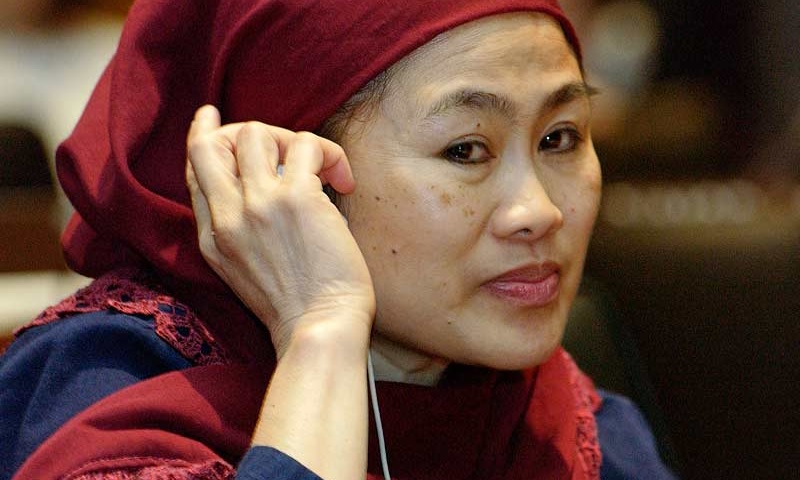
Indigenous languages are key to ensure the continuation and transmission of culture, customs and history as part of the heritage and identity of indigenous peoples. ‘It is usually estimated that there are between 6,000 and 7,000 oral languages in the world today. Most of these languages are spoken by very few people, while a handful of them are spoken by an overwhelming majority of the world. About 97% of the world’s population speaks 4% of its languages, while only 3% speaks 96% of them (Bernard 1996: 142). A great majority of these languages are spoken by indigenous peoples, and many (if not most) of them are in danger of becoming extinct.’ 1 As highlighted by the United Nations Secretary-General at the opening of the Permanent Forum on Indigenous Issues in 2011 – one indigenous language dies every two weeks.
The United Nations Permanent Forum on Indigenous Issues (UNPFII) is an advisory body of the Economic and Social Council, with the mandate to discuss issues related to economic and social development, culture, the environment, education, health and human rights. At its fourteenth session in April-May 2015, the Permanent Forum recommended a three-day international expert group meeting on the theme “Indigenous languages: preservation and revitalization (articles 13, 14 and 16 of the United Nations Declaration on the Rights of Indigenous Peoples)”, which was approved by the Economic and Social Council (decision 2015/43). Following up on this, UN DESA/DSPD is organizing the expert group meeting on “Indigenous languages: preservation and revitalization (articles 13, 14 and 16 of the United Nations Declaration on the Rights of Indigenous Peoples)” at United Nations Headquarters in New York from 19 to 21 January 2016. This is the second international expert group meeting on indigenous languages organized by the UN DESA. It will build upon the findings and recommendations of the 2008 expert group meeting on the principles of cultural diversity and indigenous languages as a way to promote intercultural dialogue and affirm indigenous peoples’ identity.
If you wish to attend the meeting as an observer with a special interest and profile in indigenous languages, please send an e-mail to indigenous_un@un.org in order to register by 13 January 2016. Please provide information about yourself, your organisation/affiliation, contact information and your motivation to participate in the expert group meeting. Please note that the UN is not able to support your travel, visa or other logistical arrangements for this meeting.
To read more, please click here.
Source & Copyright: UNDESA
 Welcome to the United Nations
Welcome to the United Nations